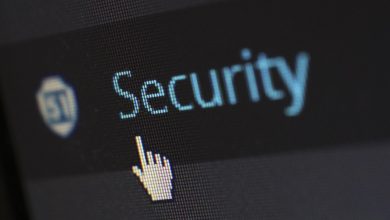
Hacking tools have become increasingly prevalent in the digital age, with both malicious hackers and cybersecurity professionals utilizing them to gain access to systems, networks, and data. However, the use of these tools raises a host of legal and ethical implications that must be carefully considered.
From a legal standpoint, the use of hacking tools can potentially violate a number of laws and regulations. For example, the Computer Fraud and Abuse Act (CFAA) in the United States criminalizes unauthorized access to computer systems, which could include the use of hacking tools to gain entry. Additionally, the use of hacking tools to extract data or disrupt systems could run afoul of laws governing data privacy and security, such as the General Data Protection Regulation (GDPR) in the European Union.
Furthermore, the use of hacking tools could also violate intellectual property laws if the tools are used to reverse engineer software or access proprietary information. Companies that develop and sell hacking tools may also face legal challenges, as some jurisdictions have laws that prohibit the creation and distribution of tools that can be used for illegal activities.
Ethically, the use of hacking tools raises questions about the potential harm that can be caused by their misuse. While cybersecurity professionals may use these tools to identify vulnerabilities and protect systems from attacks, malicious hackers can use them to steal data, disrupt services, and cause financial or reputational harm to individuals and organizations.
There is also a debate within the cybersecurity community about the ethics of developing and selling hacking tools. Some argue that these tools are necessary for testing and improving security defenses, while others believe that their widespread availability increases the likelihood of cyber attacks and undermines the security of digital systems.
In light of these legal and ethical considerations, it is important for individuals and organizations to carefully evaluate the risks and benefits of using hacking tools. Companies should establish clear policies and procedures for the responsible use of these tools, and ensure that employees are trained on how to use them in a legal and ethical manner.
Additionally, policymakers and regulators should continue to monitor the use of hacking tools and consider updating laws and regulations to address emerging threats in the digital landscape. By staying informed and proactive, we can help ensure that hacking tools are used responsibly and ethically to enhance cybersecurity and protect digital assets.





